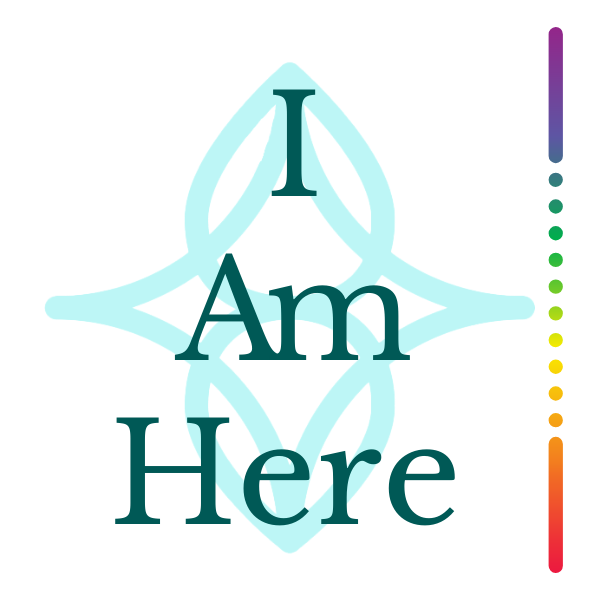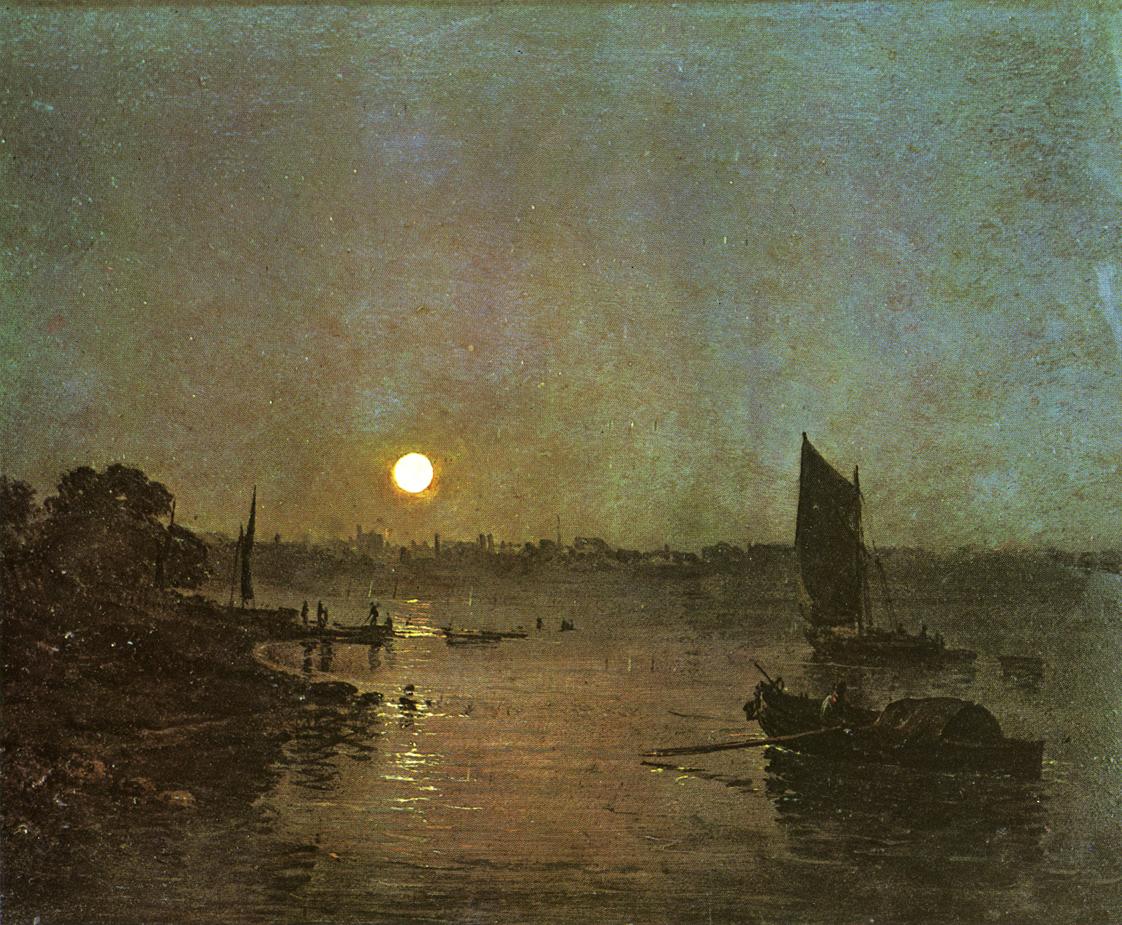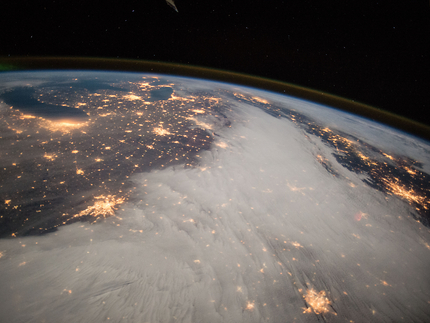Our son Yedidya is walking the 300 meters stretch between the barn and the house. He is three years old. It’s a humid, autumn day and dark thunder clouds are weighing in. He arrives at the French windows to enter the house.
“It’s OK,” he announces, “I prayed to God to not let it rain until I’m inside.”
“How do you speak to God?” I ask, surprised.
“I sent him a message through the postman of the heart,” states Yedidya, and toddles off, unconcerned.
How do you send a message to God through the postman of the heart? Why would a child not use the regular means of speaking through his lips to God? Or why not attempt to transmit through the thoughts of the mind?
As a three year old, Yedidya was quite specific. The doorway to direct communication is through the chest, through feeling, through the heart and through the breath of life itself. His inborn wisdom seems to echo the teachings of mystics of generations who teach that the use of conscious breathing is central to balance, health and inner freedom.
Spirit, is after all, associated with breath, or with the wind. Spirit, from Latin spiritus, literally means breath, or from spirare to blow or to breathe. Originating from the experience of the movement of air, the word spiritual has evolved to signify the immaterial areas of life.
The postman of the heart would seem to be the wind, the wind that runs through our bodies, through our blood, through our very cells, and out again through our lungs into the environment.
After birth, life is inhaled with that first, sharp in-breath through which we take in the flavors of this dimension. It leaves us with the last outbreath, the final expiration, in which we release the forms of a lifetime in order to rest in peace.
Breathing is critical to living form, just as the air we inhale and exhale is a fundamental phenomenon of this planet. Just as our breathing never stops while we are living, so the wind is always here around us as a subtle and often hardly explored aspect of the miracle of experience.
We notice our thoughts and emotions, but our breathing can continue unnoticed. We can fly to the outer rims of ecstasy or to the deepest pit of despair, and all the time we still breathe, often taking it for granted, as if there is nothing to explore.
So it is with the wind. Everywhere there are movements of the wind. Every landscape is echoing its motion. Even the voice with which we speak is powered by the wind.
Wind is an awesome creator of form, and a great destroyer. It is utterly essential to life. It is an infinite energy source. Yet who has the curiosity to inquire into its nature?
Listening to the Wind
Listen.
We can always hear it. It might be a subtle rustle through the trees nearby or in the far distance. It could be the sound of our clothes blowing as we walk, or the rush of the feathers of a bird as it takes flight. We can hear it as a faint howl, whistle or moan as the air moves through the garden or the building. It could be the ongoing hush as the car drives forward, or as close as the finest sense of silence within the inner ear. We can hear it in the softness of the subtle scale of the in breath and out breath as we fall asleep at night. The wind. Wherever we listen, we hear its impressions.
How do we listen to the wind?
We hear the wind through the sounds it makes as it rushes through our chimneys and houses. We hear it by the rustling sounds it causes through tree tops or through its roar across the ocean. We hear this is the wind, but we still don’t hear the wind. We can hear only the effects of the wind.
How would we feel the wind? Would we find it in these myriad sounds? Will the infinity of effects of the wind’s presence reveal the wind itself?
All these infinitely diverse effects of the wind share one property. They signal where the wind is passing or where (in a microsecond between cause and effect) it has already passed. We hear the sound, and the wind already happened. They are echoes of the wind. We may call the howling sound of a gale the wind. But we are naming the cause. The sounds we hear are the effects of the wind, they are not the wind itself.
When a maestro plays the flute, are we listening to the flute or to the wind?
When we hear a beautiful voice sing, that moves us to the core, are we listening to the singer, the song or to the wind?
We will not find the wind in its sounds. We will not find it in its effects. We can only allow these sounds to pass through us as we surrender to the mystery of the wind before, during and after every vibration.
All these sounds, arising out of the mystery of the wind, tell two stories. One is of their creator – the invisible presence which causes them to sound. The other is of the form itself: the structure that makes that particular, unique resonance caused by the wind.
The sound of the wind is caused by the wind, and is a direct effect of the wind. Its music is the melody of the form through which the wind blows – a subtly evolving melody that lasts as long as the form is here.
The effects of the wind depend on the wind. But the wind does not depend on its effects.
We hear the effects of the wind as it moves into denser vibrations. Or are we hearing the effects of the wind as these denser dimensions pass through it?
Where would we find the wind, the creator of all sound? When all form is absent, all obstruction vanished and all effects gone, could we rejoice in the silence of the wind?
If we removed all forms from the solar system except the wind, would the wind still be here, and would not the wind be perfectly silent?




